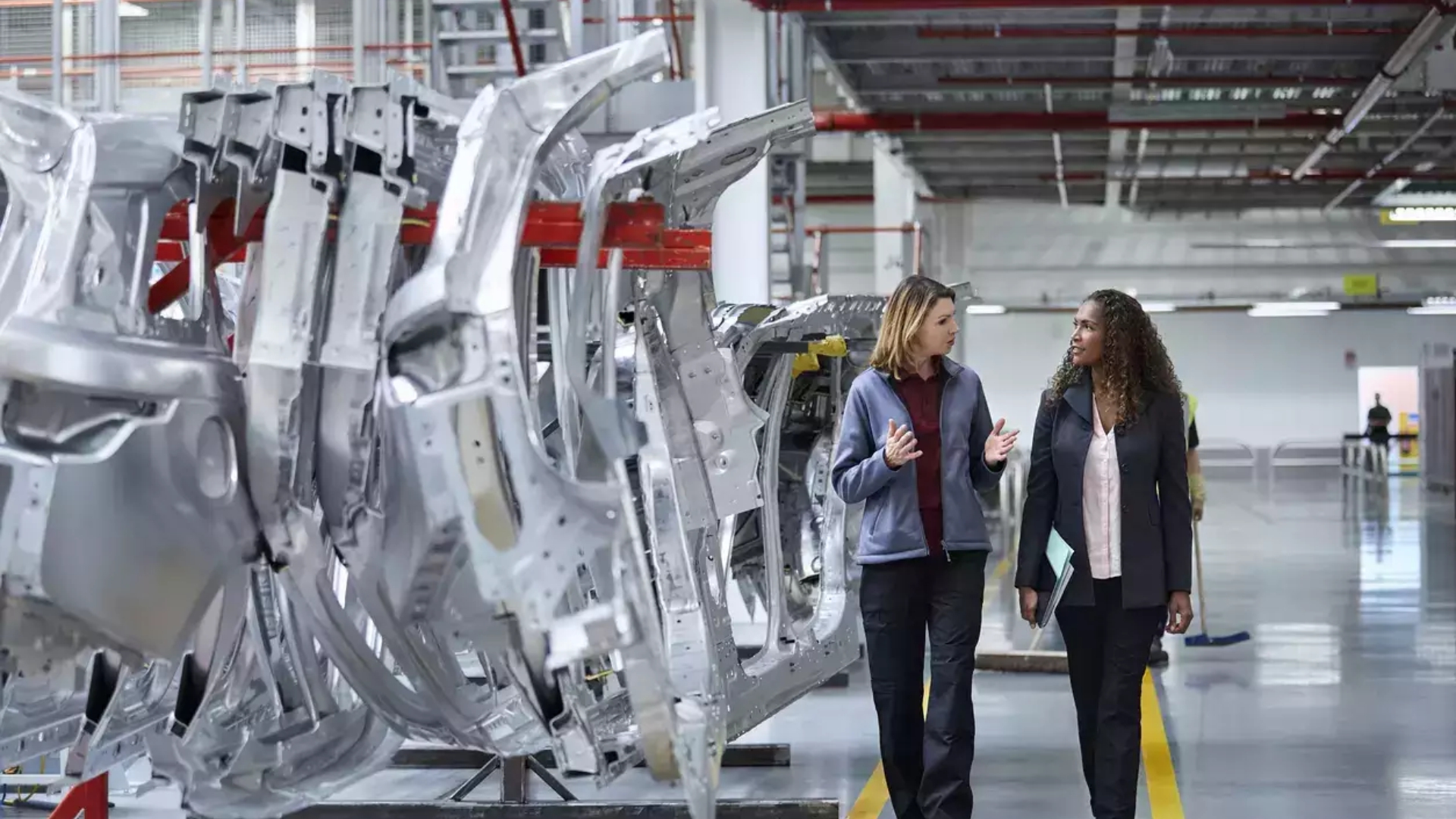Source : PTI | New Delhi: There has been a significant increase in demand for women apprentices in the manufacturing sector, as factories are increasingly adopting gender-agnostic recruitment practices, a sharp departure from traditional hiring norms and underscore the industry’s commitment to fostering inclusive work environments.
According to staffing company TeamLease, in the past 8-10 months, there has been a remarkable five-fold surge in demand for young women who have completed class 10/12 to be appointed as apprentices, reflecting a shifting landscape in India’s workforce dynamics.
The surge in demand for women apprentices is primarily driven by the booming sectors of auto, Electric Vehicle (EV), electronics, and phone manufacturing.
“This surge is anticipated to lead to a significant increase in the representation of women apprentices, reaching up to 40 per cent by the end of the year,” said Sumit Kumar, Chief strategy officer at TeamLease Degree apprenticeship.
Kumar stressed on integrating an Apprenticeship Credit Framework aligned with the National Education Policy (NEP) in a bid to further revolutionise India’s education and vocational training landscape.
According to Kumar, harmonising with the existing National Skills Qualifications Framework (NSQF), would enable seamless transitions for student trainees across different programs and levels of education, a move that will streamline the apprenticeship experience and foster a more inclusive and efficient apprenticeship network.
“These reforms not only promise to address the current talent shortage but also significantly contribute to India’s journey towards becoming a global skill capital,” Kumar said.
Embracing these changes sets a precedent for a future where skill development and apprenticeship programs are more accessible, agile, and aligned with the evolving demands of the global workforce, ensuring a skilled workforce ready to meet the dynamic challenges of the global economy, Kumar noted.
Notably, companies in electronics and auto manufacturing have become entirely gender-agnostic in their recruitment processes for assembly line workers, actively seeking to engage rural women in the workforce.
Approximately 70 per cent of women under apprenticeships in the manufacturing sector hail from rural and semi-urban areas, indicating a significant opportunity for empowering women in these regions through skill development and vocational training programs.
“The government of India’s Skill India Mission, along with the Ministry of Skill Development and Entrepreneurship’s Vocational Training Program for Women, plays a pivotal role in facilitating this transition and bridging the skill gap across various sectors,” Kumar said.
“Previously, the requirement for women apprentices stood at 1,000-2,000 per month, but today it has escalated to as high as 10,000 to 12,000 per month. Consequently, the share of women apprentices in recruitment has seen a significant uptick, rising from 10-15 per cent to 45-50 per cent,” Kumar said.
Moreover, despite the absence of gender-specific budget allocations in various schemes, training programs have been tailored with unique initiatives aimed at women, designed to stimulate their participation in the skill ecosystem.
Additionally, the budget allocation for women’s training through the National Skill Training Institutes has witnessed a substantial increase, from approximately INR 64 crore in 2022-2023 to around INR 68 crore in 2023-24, highlighting the growth in skill development initiatives, Kumar said.











